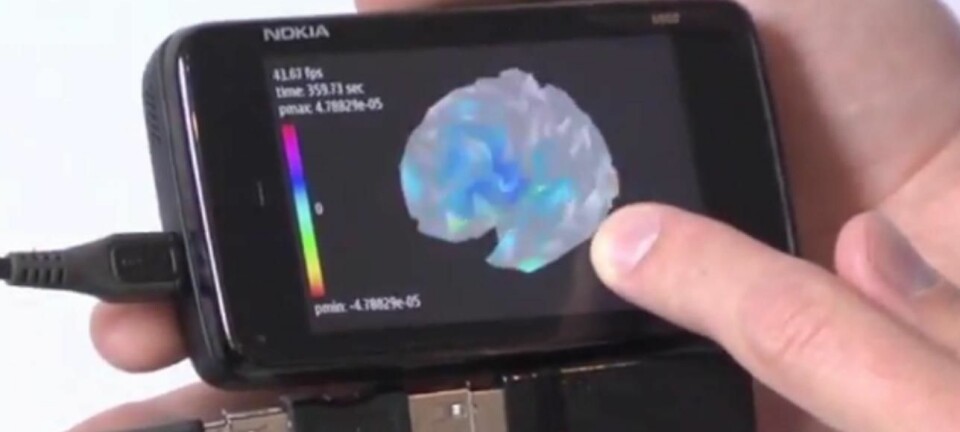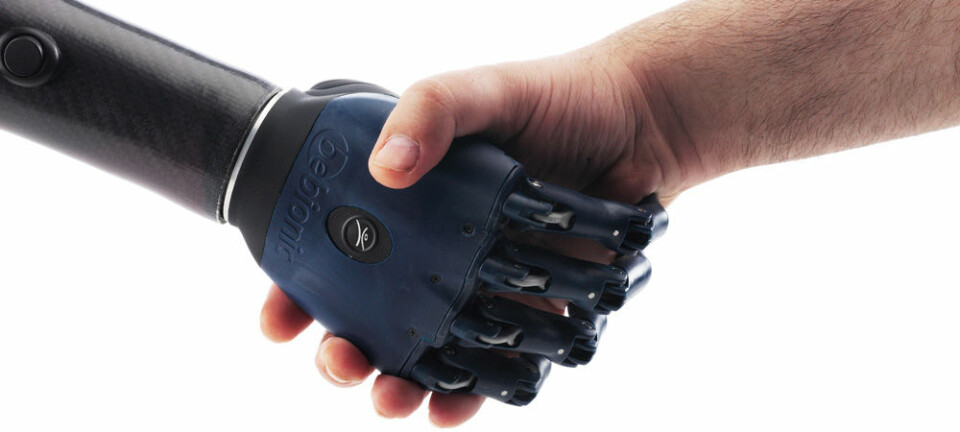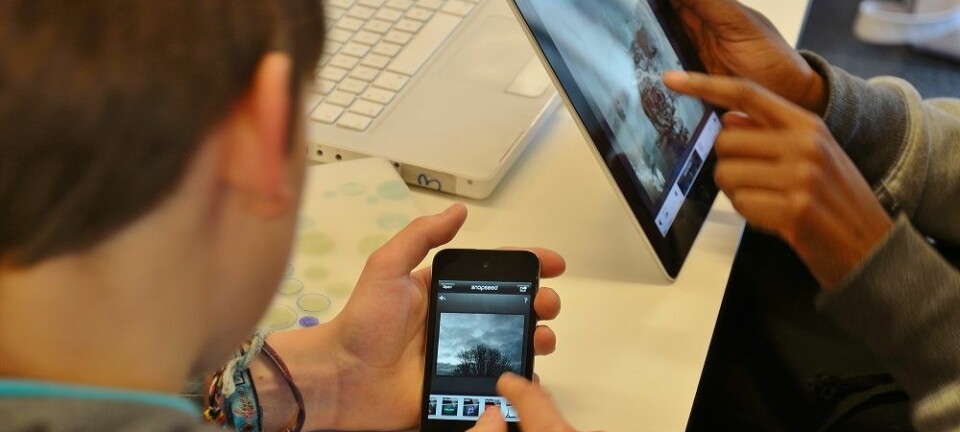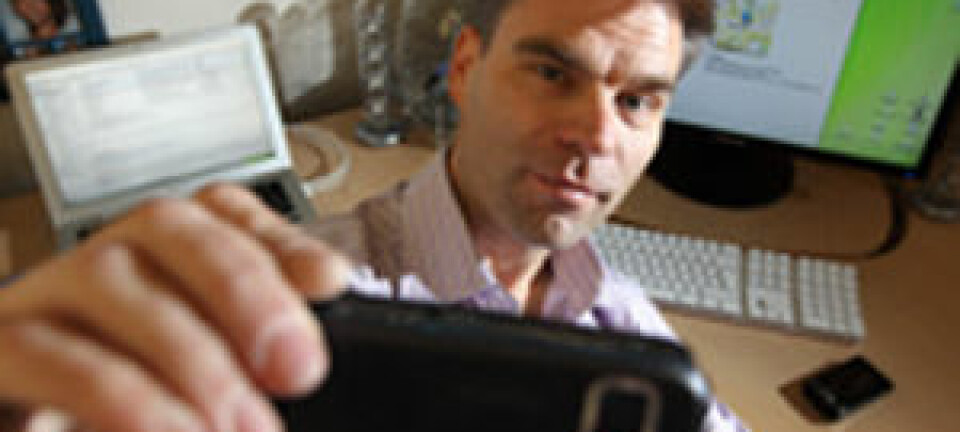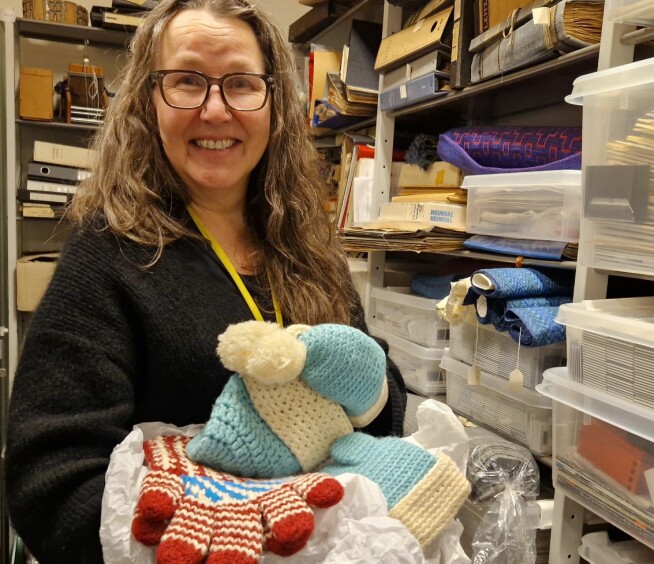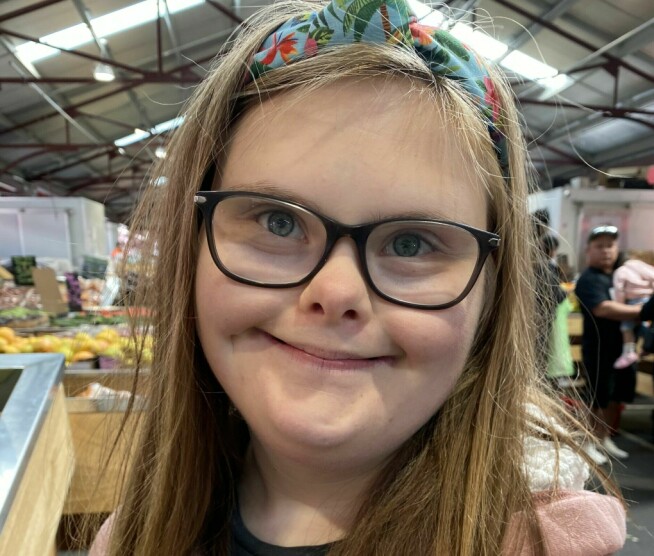An article from The University of Helsinki
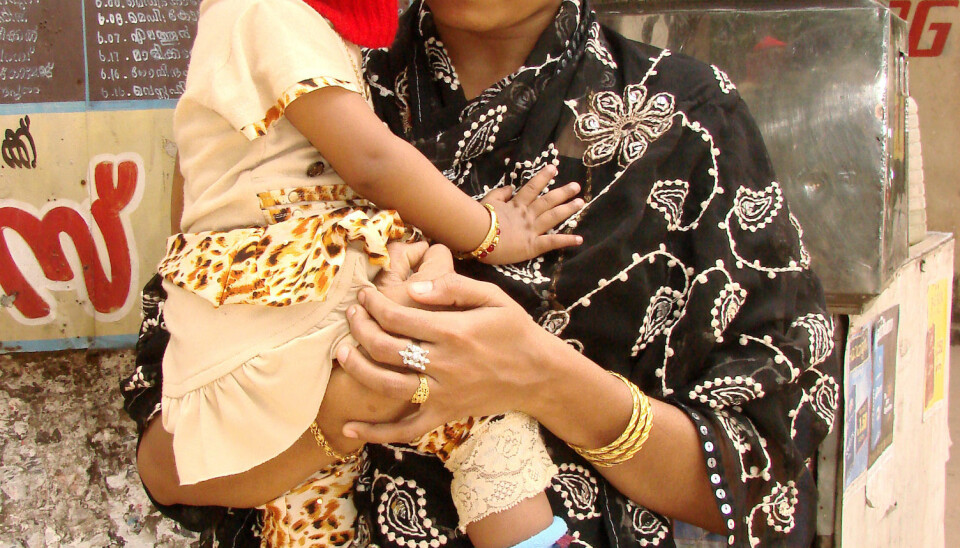
Mobile apps could save children’s lives
The mobile phone is now being developed into a weapon in the fight against child mortality.
Researchers from Finland have developed two mobile phone apps aimed at helping mothers in developing countries nurture their children.
The biggest threat to children’s lives is malnutrition in the first two years of their lives. And the situation is worsened by false beliefs, says professor of nutritional physiology, Marja Mutanen of the University of Helsinki.
“If mobile applications can be used to motivate mothers to breastfeed sufficiently long and to give them basic information on additional nutrition, we could reduce child mortality to a significant degree,” she says.
Two mobile applications are being planned: one application is used to collect information and guide mothers to feed their children in a way that is culturally acceptable. The other application is directed at healthcare workers.
If mobile applications can be used to motivate mothers to breastfeed sufficiently long and to give them basic information on additional nutrition, we could reduce child mortality to a significant degree.
Professor Marja Mutanen
Mutanen and her colleagues are launching the so-called GloCal project, and NGOs and enterprises such as mobile phone companies will also participate in the project.
“Mobile phones are commonplace and easy to use, which is why they would be a functional way to reach mothers and local healthcare workers,” says Mutanen. “India has a mobile network that covers almost the entire country, but internet access is still very limited in rural areas.”
India has a shortage of information and in places false beliefs and misconceptions about children's nutritional needs make the situation worse, she says. One such misconception is that breast milk is not good for the child in the first few days of its life. The position of young women also continues to be weakened.
The long-term goal is to employ the research tools globally and expand the platform to cover all services provided by the acclaimed child welfare clinic system in Finland.
“Finland has practically no child mortality thanks to the nationwide maternity and child welfare clinics. Everyone has access to these services regardless of income or social status,” says Mutanen.
